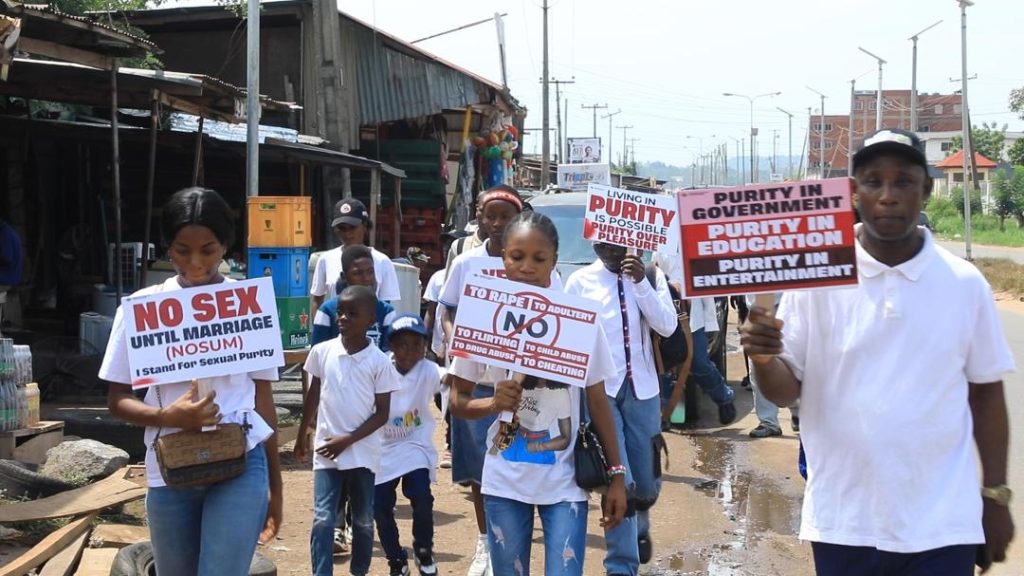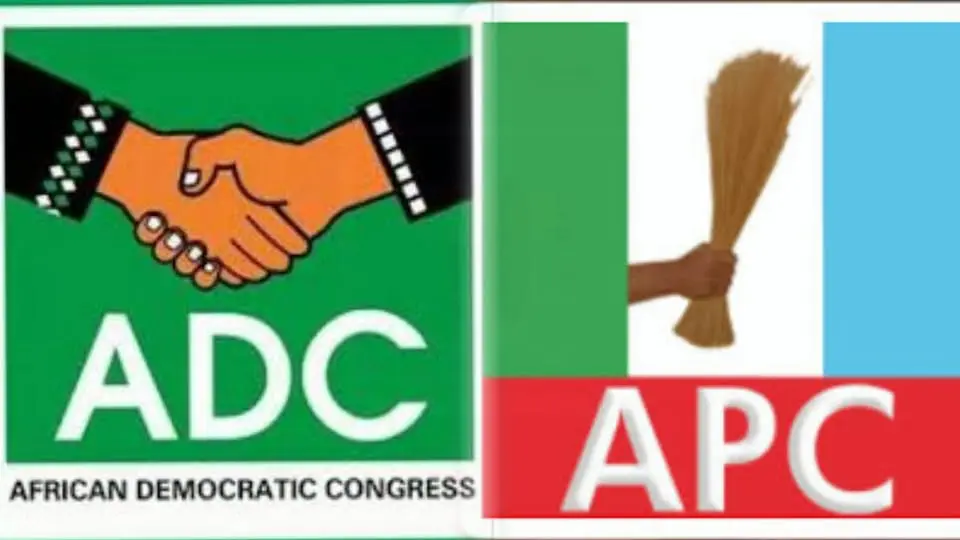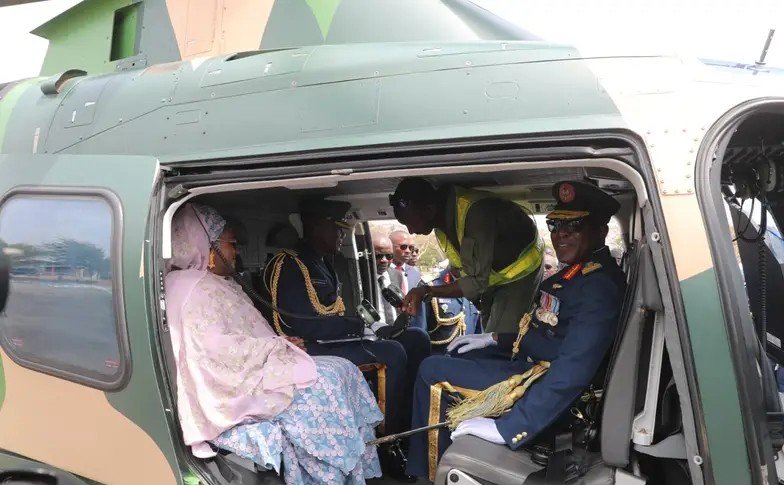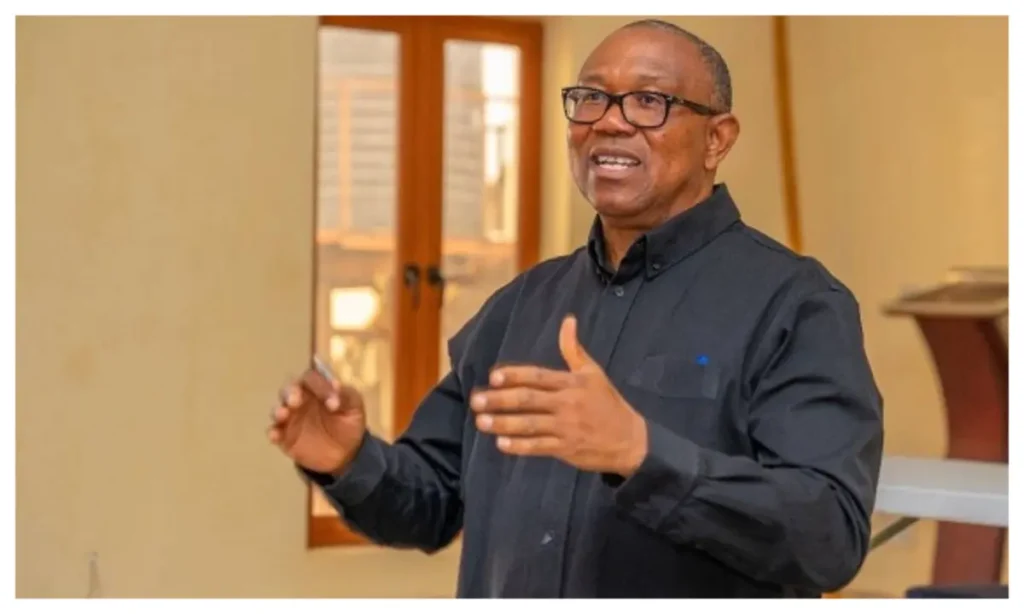Malawians Cast Ballots in Presidential Election Amid Economic Concerns
Approximately 7.2 million Malawians voted in the country’s presidential election today, with former president Peter Mutharika and incumbent Lazarus Chakwera emerging as front-runners. The election has been dominated by economic concerns, and a runoff may be required if no candidate achieves the necessary 50 percent threshold.
Seventeen candidates are vying for the presidency, but the contest has largely centered on Mutharika, who leads with 41 percent support according to recent polls, and Chakwera, who trails with 31 percent. Other notable candidates include former Reserve Bank Governor Dalitso Kabambe and sitting Vice-President Michael Usi.
Malawi’s economy has been plagued by severe challenges, including food price inflation exceeding 20 percent and a significant decline in the value of the kwacha, the country’s currency. The World Bank reports that a quarter of the population faces acute food insecurity, and high youth unemployment persists. The economic crisis has had a profound impact on the daily lives of Malawians, with prices of essential commodities skyrocketing and access to loans becoming increasingly difficult.
The election marks only the second time that the 50+1 constitutional threshold, established by Malawi’s Constitutional Court in 2020, will be applied. This means that a runoff will be necessary if no candidate secures an outright majority. Historically, presidential candidates in Malawi have struggled to cross the 50 percent threshold, with only two candidates achieving outright majorities since 1990.
As voters cast their ballots, the economic struggles of Malawi remain at the forefront of their minds. Political scientist Wonderful Mkutche noted that the elections are taking place amid serious economic challenges, including a shortage of foreign exchange. The Malawi Electoral Commission has confirmed all 17 presidential candidates and must announce the results within eight days of polling, unless directed otherwise by a court.
The outcome of the election will have significant implications for Malawi’s future, particularly in terms of addressing the country’s economic challenges. Should a runoff be required, it will place extraordinary demands on the nation’s democratic institutions at a time when citizens are most focused on immediate economic relief. As the country awaits the results, the international community will be watching closely to ensure transparency and fairness in the electoral process.



